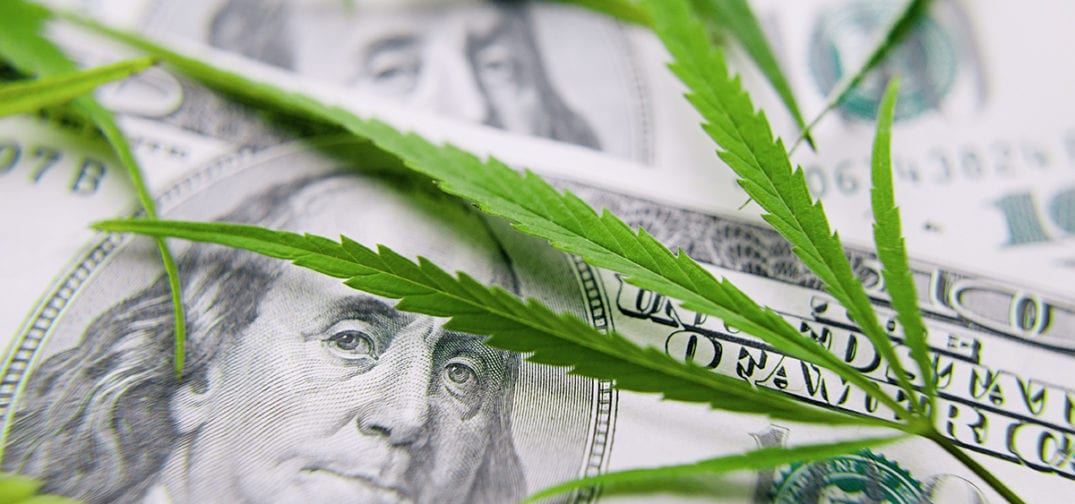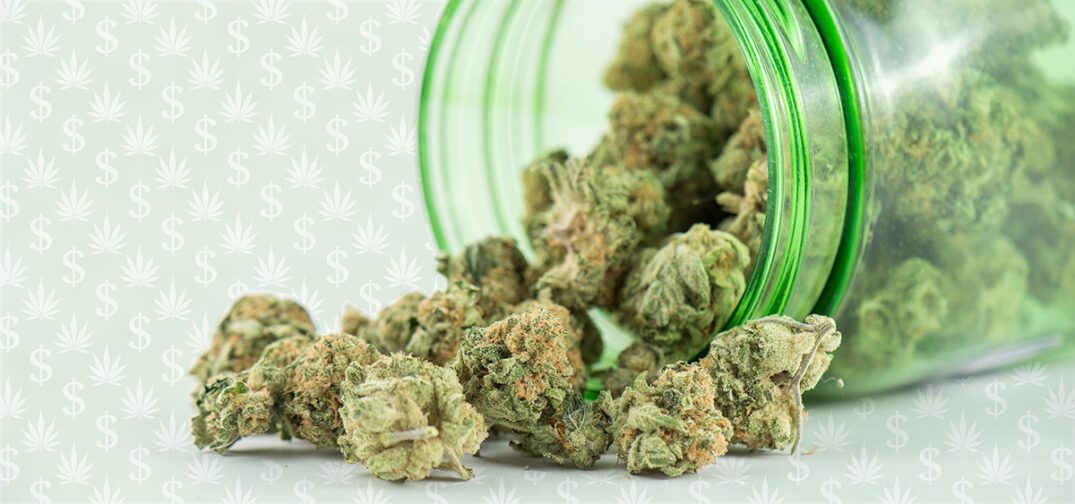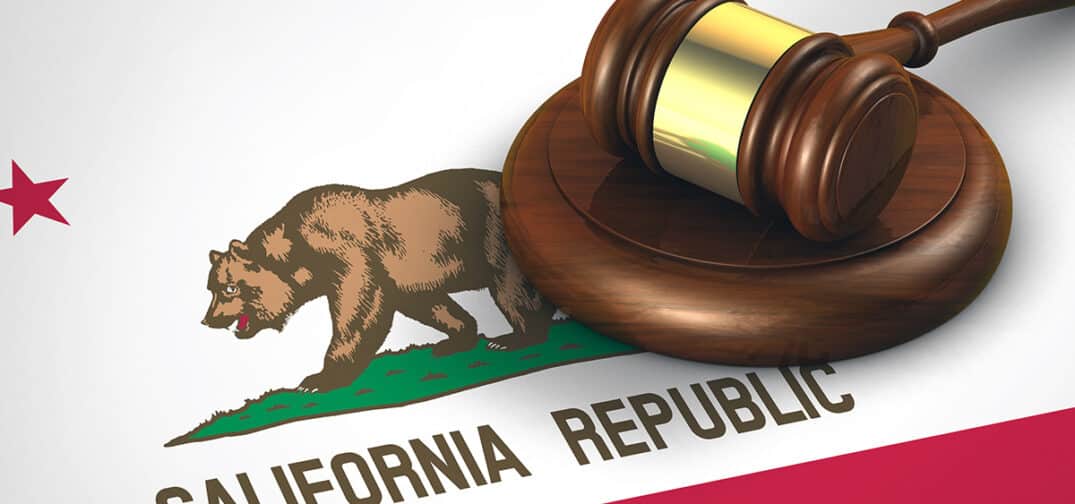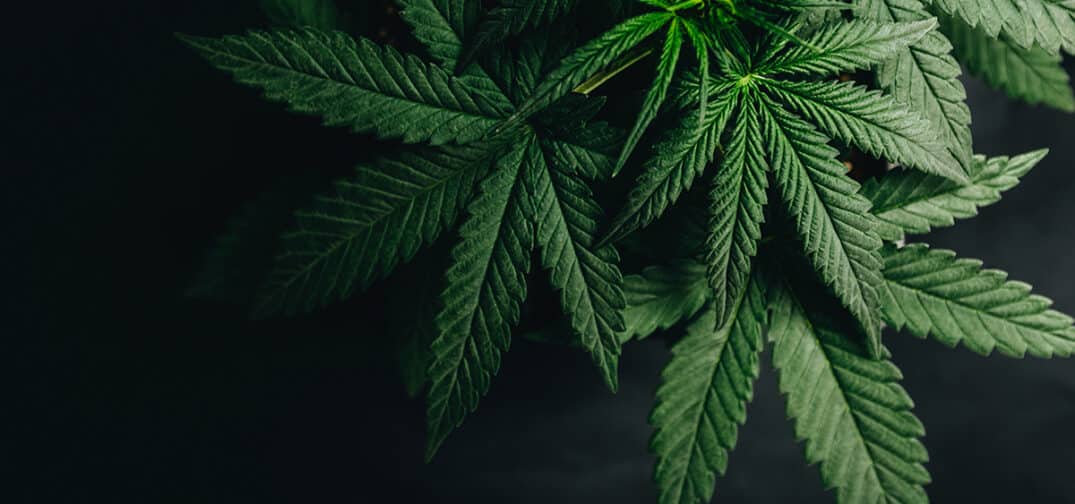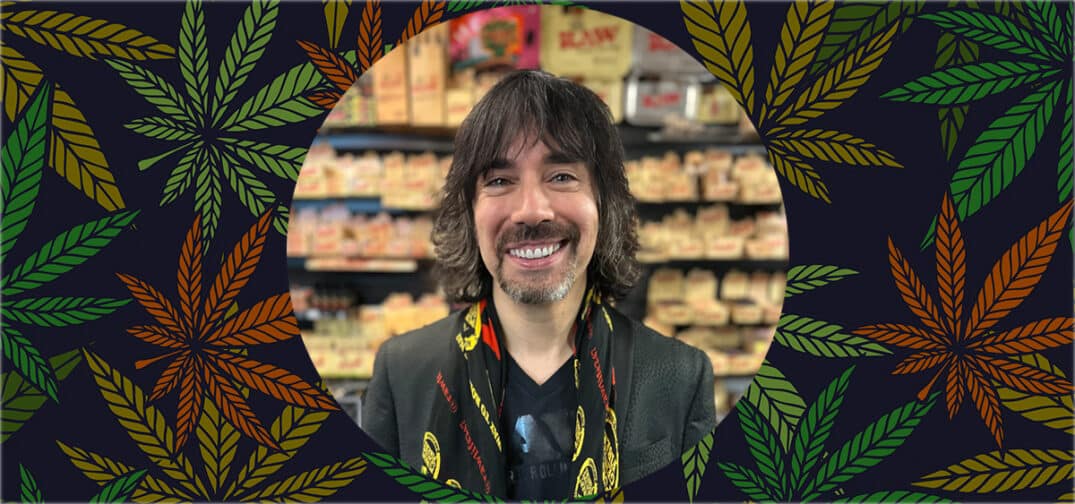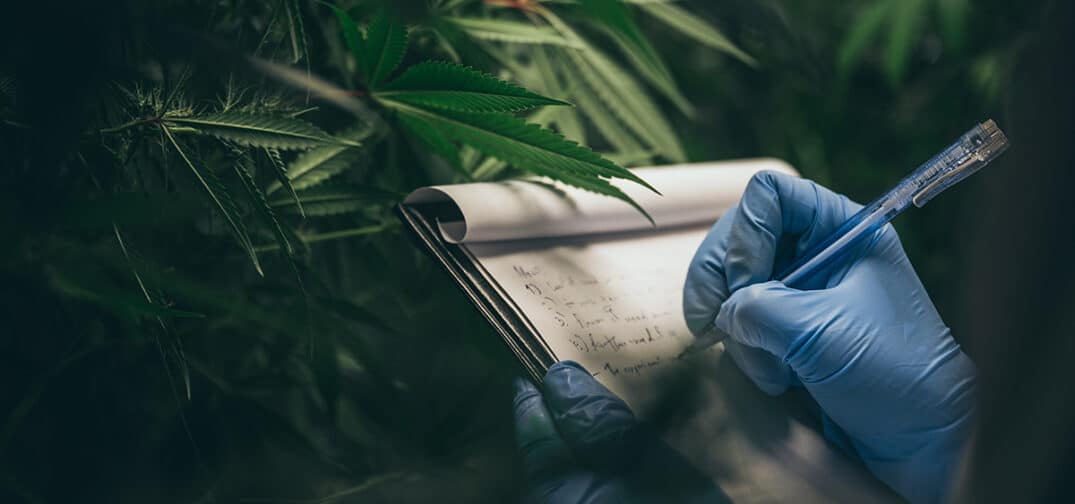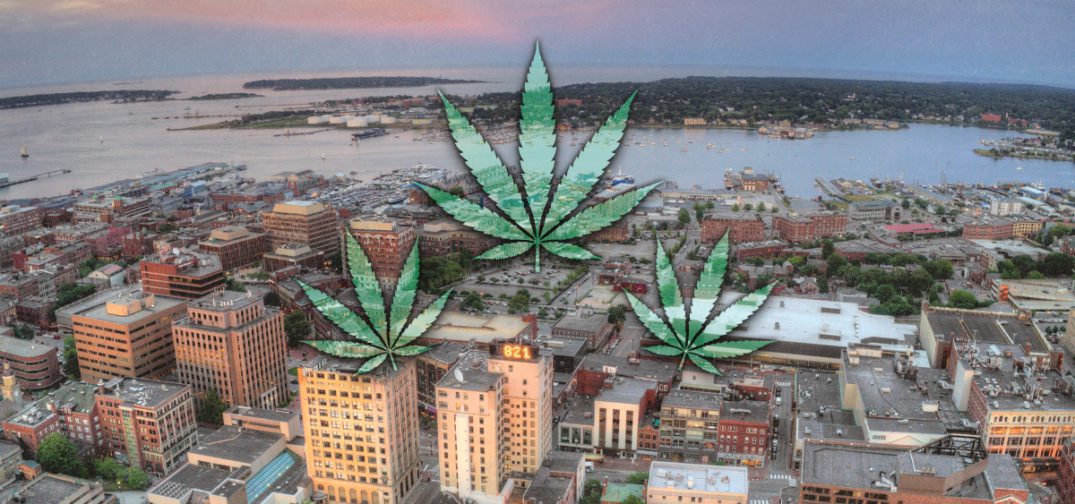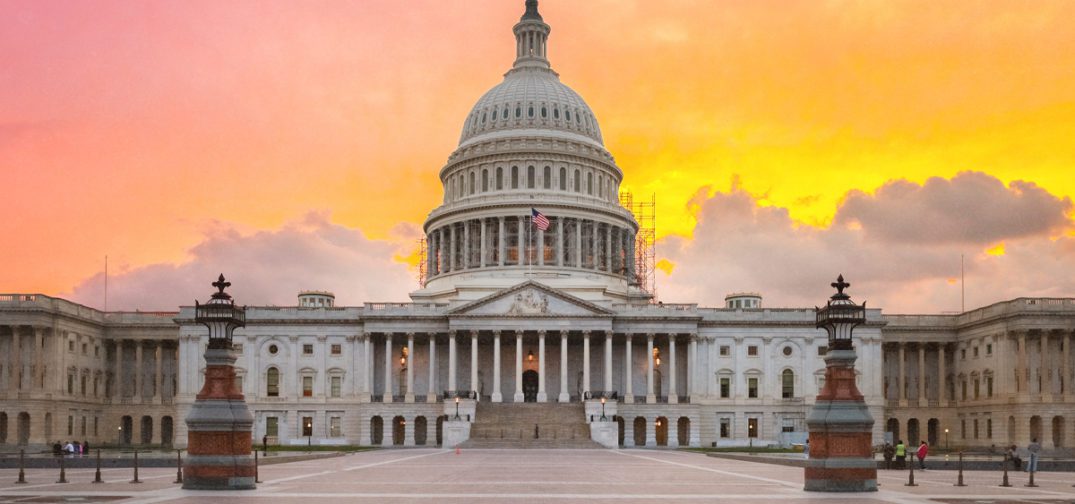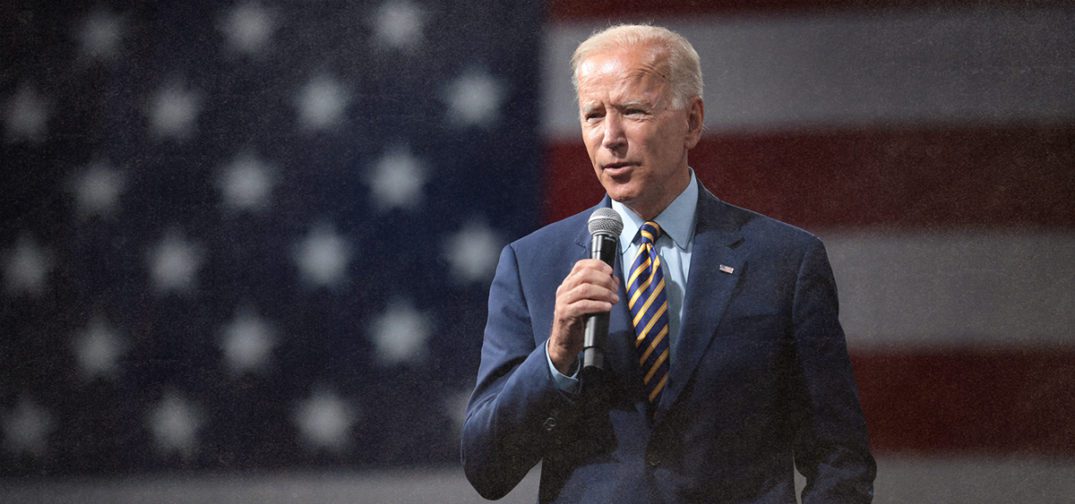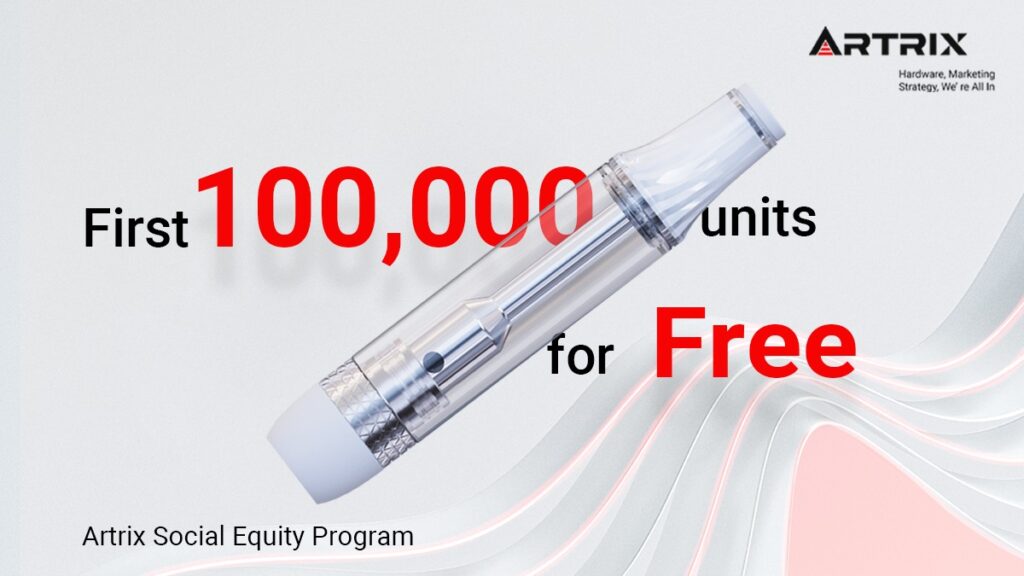Josh Kesselman is the founder and CEO of RAW®, a rolling paper brand that has become a favorite of cannabis smokers around the world, from celebrity musicians to everyday tokers. In this interview, Josh discusses how cannabis legalization has impacted the rolling paper and smoke shop industries, how RAW was able to build an audience using guerilla marketing and word of mouth in the days before social media, and how he came to realize that what he originally thought was a niche-focused product actually had widespread appeal.
Read the full interview below!
Ganjapreneur: Having sold rolling papers for decades, how would you say that the spread of cannabis legalization in recent years has affected the rolling paper industry?
Josh Kesselman: One of the biggest changes that helped RAW was the shift of the market. It finally broke up the stranglehold that mega tobacco had on convenience stores. Some convenience stores – especially large chains – would only carry rolling papers from one manufacturer. And that would block all the other brands out of the marketplace and decrease competition. With legalization, it shifted the market because people began going to new places to get their rolling papers and get their smoking supplies. By doing that alone, it shifted into more of an open marketplace. My belief is that whenever we have an open marketplace, RAW wins. Because I believe RAW has the better product. And I think that’s the way competition should always be – whoever has the best product, wins. Not just the person who’s able to get someone to sign an exclusive agreement.
I liked how legalization changed consumer behavior, in that they started looking for better quality. They started becoming much more focused on having the ultimate, best experience. I think that’s what has caused RAW to really blow up with success – the shift in perception from getting what’s cheapest, to getting what’s best.
How has legalization impacted the smoke shop industry in states that have created regulated cannabis markets? Are these businesses finding it difficult to compete with dispensaries?
It depends. Some have thrived because they’re near a dispensary. Many dispensaries don’t often carry the whole smokeshop array of goods, especially the big chain dispensaries who are really very limited in what they carry. So for some smokeshops, it’s an opportunity to thrive really just by proximity. There’s a dispensary here in Arizona with a smokeshop next door. And I think they’re owned by the same company, and the smokeshop just kills it. People get their material from the dispensary, and then they go next door and get all their smokeshop items. So it definitely hurts some stores, but it also creates opportunity for others.
Obviously, taste varies widely among individuals as well as across demographics and regions, but in general, are there some qualities that people who smoke cannabis tend to look for in a rolling paper vs. people who roll their own cigarettes?
Sometimes yes, sometimes no – it depends! There’s an older segment of tobacco smokers who really like these antiquated bright white, bleached papers with chalk in them. It gives you a whiter ash on the end of your cigarette. There is that segment that still exists. I believe a cannabis smoker is even more attuned to quality and is going to enjoy a slower-burning unbleached rolling paper even more. So for the overall market, legalization has really shifted everyone’s focus towards quality. Not just quality in terms of how it burns, but the flavor it imparts to you. Most people are looking for much more of a minimal natural flavor. I think consumers are increasingly less likely to choose rolling papers with chalk in them, than they were in the past because I believe they can taste it. In my experience, chalk kind of changes the flavor. It gives you that whiter ash at the end of your smoke. However you don’t need that when you’re smoking good weed. You want to experience the weed itself without something coming between you and it. You want a more raw experience.
These days, “influencer” marketing is a big deal for B2C brands looking to get the word out about their products. But when you founded RAW, social media was in its infancy. How did you go about building influence and reputation in the early days?
The key for us was smoke circles. We gave away a lot of free product in order to get it into people’s smoke circles. Back then, almost every rolling paper on the market was bleached-white. Getting people to switch to a completely different type of paper that didn’t have chalk in it and wasn’t bleached out – it was something they were very hesitant to try. Their grandfather and great-grandfather and so on had probably all smoked that typical bleached-white chalked paper, and now we were trying to get them to shift it up. So when I came out with RAW, we needed to establish the market. So what I did was I gave a lot of it away, because I knew once it got into the smoke circles, once they tried it, they would love it and understand what I was creating for them – and that’s what worked. One person in the circle would get a packet of RAW, often for free in the beginning, and then everyone in that smoke circle on a Saturday night would experience that RAW paper, and they would have a different type of enjoyment, a more connected experience with their material. And after that, they’d ask, ‘What was that? Wow, that’s really cool, I like that!’ and then they would go into a smokeshop and maybe buy a pack of RAW and bring it into their own smoke circle. And it spread like that – from smoke circle to smoke circle. That’s how we spread. It wasn’t social media at all, it was really just the smoke circles and getting through to them with an experience they had never had before.
Who was the first celebrity you met who loved RAW papers, and how did you get introduced?
The rapper, Curren$y. He loved RAW papers and sang about it in a song. He’s the one who introduced Wiz Khalifa to RAW, who eventually sang about RAW, too. But Curren$y was the first bigger artist who really stood up and sang about us. I got to meet him when his manager got in touch with me, because Curren$y wanted some RAW cones. And I was like, hell yeah, I couldn’t wait to meet him. When the Jet Life Tour came through Phoenix, Arizona, I got invited to hang out with him on the bus, and we ended up staying on the bus with him for a couple days, having a fucking blast. Smoking and telling stories. We had a great time. The tour was an incredible experience for me. I learned a lot about the market. Up until that point, I had been thinking my whole market was more of a natural-minded hippy, like my vegan friends. Once I met Curren$y and his whole circle, I realized I was completely not understanding the market. That it wasn’t just my hippy friends who wanted to smoke the best, it was that everyone wanted to smoke the best. And once I understood that, it shifted my mentality about the product. And then I watched RAW really explode. I had completely underestimated my own product. I thought this would just be a little, niche item. When I was in college, I learned all about niche marketing. It’s what I enjoyed. I’m not good at mass marketing. I’ve always focused on making products for a specific person – my friend with dreads, super vegan, incredibly naturalist, I get him. I can make him a product and for people like him. So I thought I was making a niche product for a niche market. I didn’t understand mass marketing, which is why I didn’t understand that everyone wanted to smoke the absolute best.
What do you think is the best social media platform for cannabis-adjacent brands right now, and why?
When it comes to reaching consumers, there’s no place better than Instagram. People spend the most amount of time on Instagram, so it’s the ultimate goal. But it’s a conundrum because it doesn’t feel like Instagram wants us on there, but they want the amount of traction they get from us. Our videos blow up and we get millions and millions of views, and people want the product.
Overall, would you say that consumers in states with legal cannabis are becoming more educated about the plant and its potential to heal and bring people together, or do you think that over-commercialization of cannabis runs the risk of stifling these ideas?
I think ideas are already starting to be stifled. You need a real open market in order for people to succeed. I think the larger the companies get, the more that smaller ideas get brushed under. I really wish there were more smaller businesses in cannabis, because that’s where innovation happens. The bigger you get, the harder it is to innovate.
In addition to papers, RAW has designed numerous devices intended to enhance the smoking experience over the years. What advice would you give to someone with an idea for a new gadget or type of paraphernalia, but is unsure how to turn their idea into a business?
Not all my inventions are profitable. Many are not. My advice would be: to be careful with going too niche. Some of the stuff I’ve made is too, too, too niche. You know, there are just so few people that could actually want that thing, even if it’s funny. Like, my handsfree joint holder that comes around your neck and is flexible, you can hold a joint while you play video games. It’s hilarious. The people that get it absolutely love it. But you wouldn’t want to build a business off that. RAW sold enough of them to break even, and it’s great. It made me laugh, it made all my friends laugh. But I wouldn’t want to try to make a living off that one contraption. That would be a really bad living. I run into that a lot with people. Sometimes people try to give me ideas and I say, ‘dude, almost nobody is going to want that.’ A lot of people think that by combining items, that’s the way. For example: I want to make a kit that holds these things. But my experience is that no, they rarely want kits. They like things to be individual. So my advice is to not go too niche, but to make sure there’s a viable thing there that people will actually want. Because if it’s just one little item, you can’t build a business off that. You need a lot! A lot of viable items.
Thank you, Josh, for answering our questions! Readers can learn more about Josh Kesselman and Rolling Papers by visiting www.rawthentic.com.




